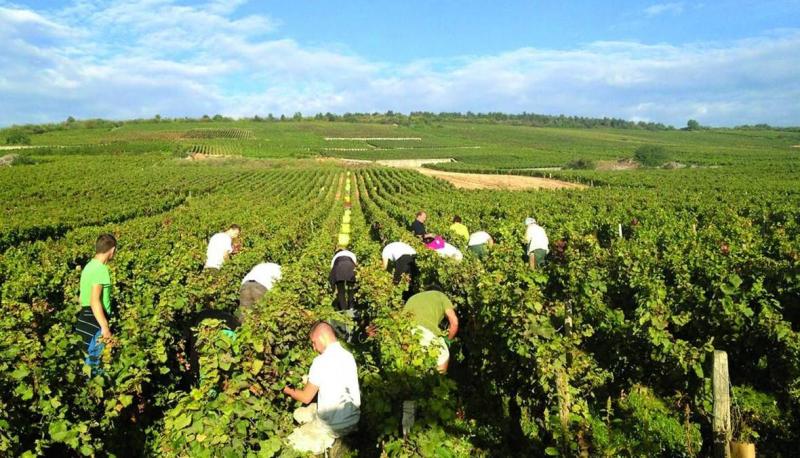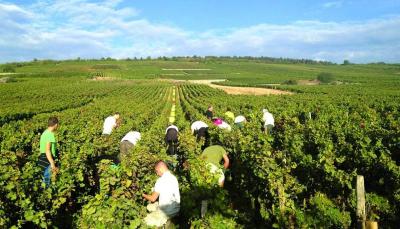The strike by public sector employees has caused discontent among farmers as it shut down the last remaining outlet for the sector, which is export. This has put the goods prepared for delivery to foreign markets at risk of spoilage due to the halt in public administration operations, adding to the already accumulated agricultural problems. Among these problems, the Syrian tax on Lebanese goods exported overland stands out, alongside the Lebanese government's failure to work towards its removal, as well as Saudi Arabia closing its markets and overland transit routes from Jordan, preventing Lebanese agricultural products from reaching Gulf countries.
The most severe and unprecedented suffering in the history of the country and its agricultural sector is the price of a can of diesel, which is paid in fresh dollars. This reality has prompted farmers to threaten escalation by dumping their produce in front of agricultural centers at the Port of Beirut and border crossings, extending to the Ministry of Agriculture in Beirut, calling on the concerned parties to facilitate agricultural export procedures, as the sector is facing a catastrophic situation.
After the agricultural sector sounded the alarm, the Ministry of Agriculture responded, granting exceptions for the agricultural sector to manage its affairs, particularly to move goods through the port, airport, and borders. It was agreed to operate three days a week or more as necessary, thus "exports and urgent imports have been reinstated, and there is currently no problem," as confirmed by the head of the Lebanese Farmers' Association, Antoine Hawiik, to "Al-Markazia".
Regarding the request of potato farmers to open Arab markets to their production, especially Saudi Arabia, he explained that "the export season starts now, and during this period, goods were being delivered to the Saudi market before the kingdom's position on Lebanon, which began to show its repercussions especially after the harvest. Today, there is production without sufficient exports, and prices have stabilized somewhat while waiting for the kingdom to reopen its doors to Lebanese exports so that exported quantities can increase." He adds, "There are currently no losses; the numbers will clarify at the end of the season. The production is large, demand is limited, and prices are low, as this agriculture is primarily intended for export."
As for the agricultural sector's offer to sell the Lebanese wheat to the Lebanese state at $100 less than the global price, Hawiik indicates that "it does not seem the state has decided to accept Lebanese wheat. We communicated to the officials that the state should set the prices before July, which requires a Cabinet decision and the Minister of Economy's involvement regarding wheat purchases, but no steps have been taken in this regard."
He concludes by discussing the implications of rising diesel prices on agricultural costs, explaining that "many farmers have stopped watering many varieties, especially if irrigation relies on diesel, as it cannot cover its price solely from production costs. Those who do not rely on solar energy face real production problems. Therefore, the production of some varieties will decrease locally, reducing supply, which leads to price increases, similar to what happened in winter regarding the prices of tomatoes and vegetables. In the short term, during the summer season, there does not appear to be a problem, but in the medium term, many farmers will refrain from planting."




